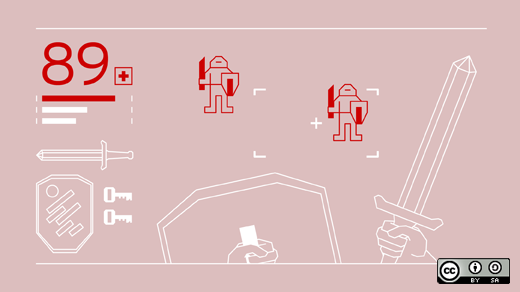Gamer? Check. Linux user? Check.
For years, one of the top excuses I heard from friends who would otherwise have switched to Linux long ago is that they just couldn't give up their Windows-only games. I can empathize. I was a dual-booter for years for exactly this reason, and it made making the switch harder for me. After all, once I'm booted into one operating system, the temptation is to stay there rather than rebooting once gameplay is over.
Today, the landscape is far different. It's much easier than it used to be for a gamer to be a Linux user, and vice versa.
Development tools like the Unity game engine have made cross-platform development easier. But advancements haven't just occurred on the proprietary side; Open source enthusiasts can be thankful for the Godot engine and other similar tools providing a cross-platform publishing experience under an open license.
We've also seen quite a change in where and how games are run. In the olden days of PC gaming, you had to write games in largely in low-level languages to ensure adequate performance. C/C++ were commonly supplemented with assembly for speed, and often written in a way that was operating system and hardware-constrained. Today, you can write games in just about any high-level language, including Java, JavaScript, and Python, and so we've seen web and mobile platforms (including Linux-based Android) explode with titles as well.
And while SteamOS didn't take off quite as quickly as it developers had hoped, the average Steam user today may find many of the games in her or his library already have Linux support, with hundreds more available for easy purchase. Open source games, too, have become easier to come by as package managers add more and more to your distribution's default repositories every day.
So we ask you: How much of your gaming today happens in Linux, and how has that changed through the years?
Want to add to the growing collection of open source and Linux-compatible games? Check out Open Jam, a 72-hour video game hackathon supported by Opensource.com.







5 Comments